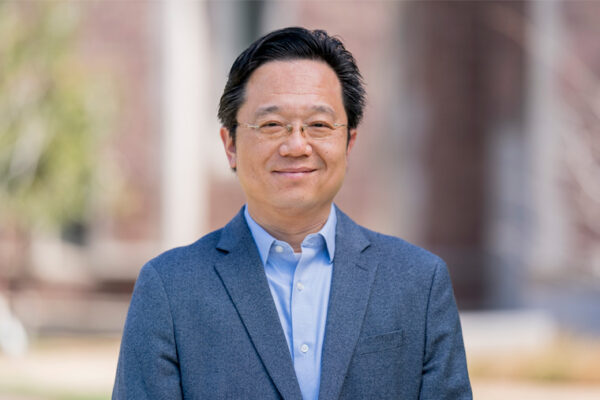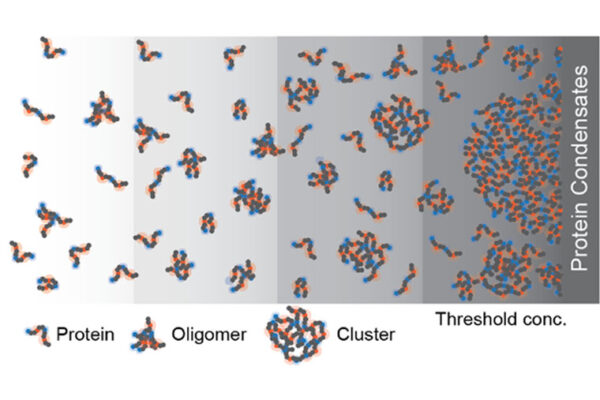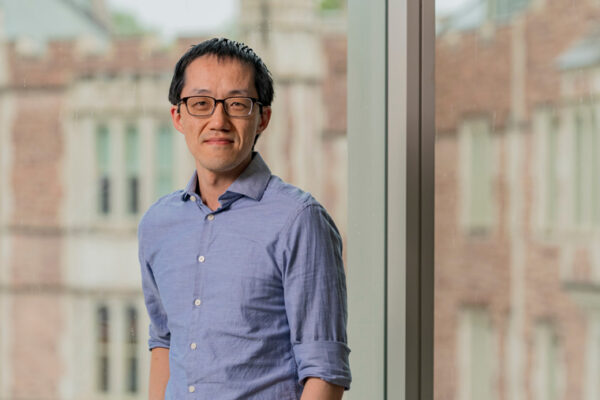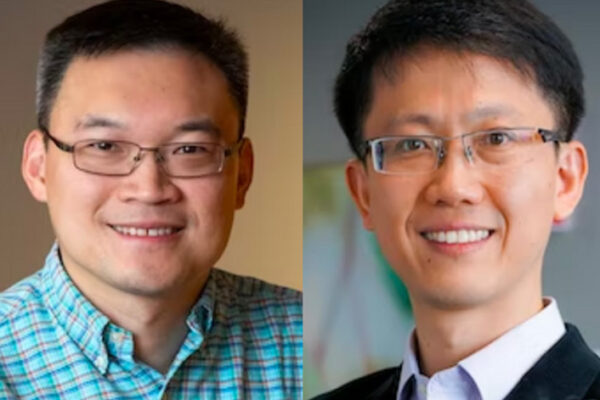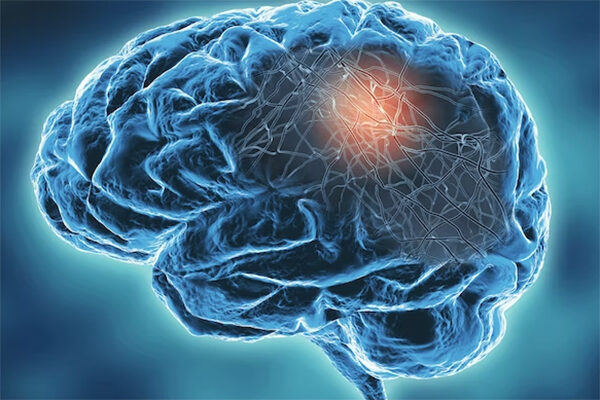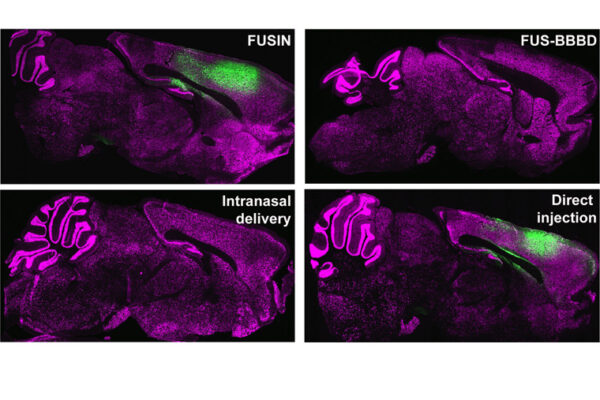Lu paper wins ‘test of time’ award
For the second time this year, Chenyang Lu, an internationally recognized leader in cyber-physical systems, has received recognition for a trailblazing paper. The award recognizes his 2010 paper on using wireless sensor networks in a hospital environment.
Center for Biomolecular Condensates launches
A new multidisciplinary center focused on biomolecular condensates — distinct molecular communities that make up the building blocks of life — has launched at the McKelvey School of Engineering.
Machine learning generates pictures of proteins in 5D
Using machine learning with an additional processing step, researchers from the lab of Matthew Lew at the McKelvey School of Engineering can wrest a host of information from a few pixels of light.
Kannampallil to study physician workload, burnout and patient safety
Thomas Kannampallil, at the School of Medicine, has received a five-year $2 million grant to study physician burnout and workload, and their effects on patient safety.
Aligning computer science research with real-world applications
The McKelvey School of Engineering’s Patrick Crowley will develop new tools for computer science research on cellphones and explore internet communication models with two NSF grants.
Study shows hazardous herbicide chemical goes airborne
Research from the lab of Kimberly Parker, at the McKelvey School of Engineering, shows that amines, sometimes used as an additive in herbicides, can enter the atmosphere, where they pose risks for human and environmental health.
Multi-scale imaging technique may enable objective assessment of myofascial pain
Faculty members Song Hu and Yong Wang are teaming up to find quantitative biomarkers for clinical pain management.
Biomarkers for Parkinson’s disease sought through imaging
Abhinav Jha and a group of interdisciplinary collaborators have developed a method to measure dopamine transporter, a protein related to movement and Parkinson’s disease.
High-tech imaging focuses on oxygen metabolism in newborn brain
Song Hu, at the McKelvey School of Engineering, will use photoacoustic microscopy to study abnormal oxygen metabolism in injured neonatal brains thanks to a five-year $2.9 million grant from the National Institutes of Health (NIH).
A sound approach for effective gene therapy delivery to brain
Hong Chen’s lab at the McKelvey School of Engineering has developed a noninvasive focused ultrasound intranasal delivery method to help treat central nervous system diseases and tumors.
View More Stories
